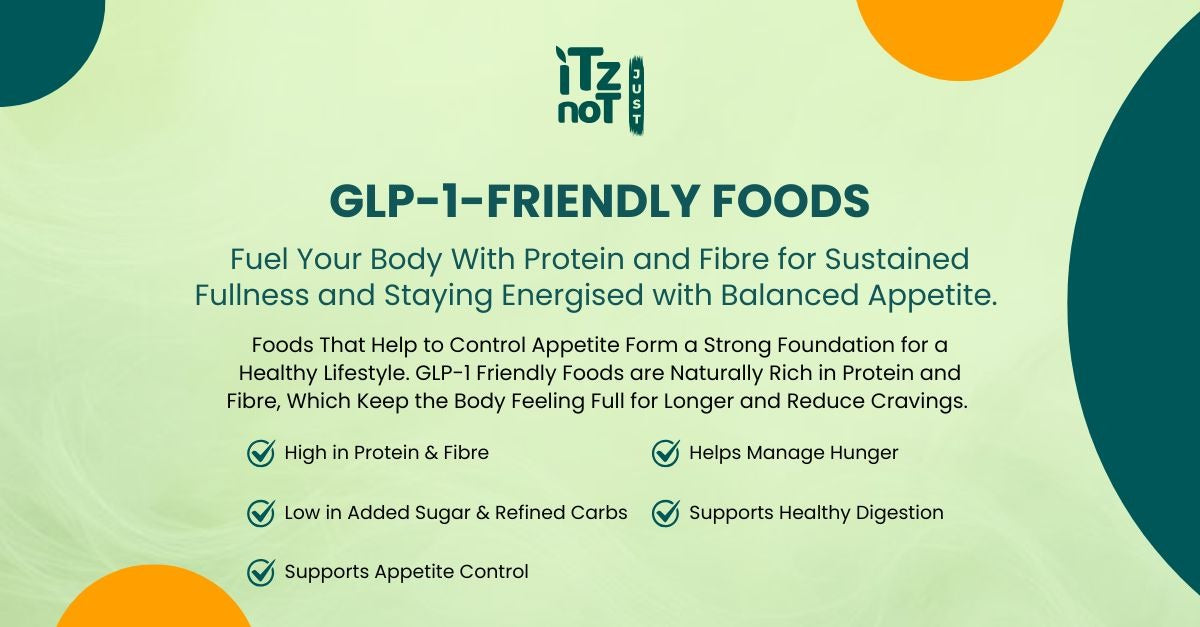
The Gut-Brain Axis: How What You Eat Impacts Your Mood & Mental Clarity

The Gut-Brain Axis: How What You Eat Impacts Your Mood & Mental Clarity
Have you ever wondered why you experience “butterflies in your stomach” when you’re nervous or why a big meal makes you feel really sleepy and grouchy? It’s more than just in your head (or your tummy!) – your gut and your brain are super connected after all, as good friends often are! This excellent connection has a cool name: The Gut-Brain Axis.
How Does Your Tummy Talk with Your Brain?
Your gut (which is made up of your stomach and all the parts of your digestive system that help your body break down food) and your brain are like best friends with their special walkie-talkies that are kept busy sending messages back and forth. A significant form they talk is with nerves. In fact, your gut has its very own super-smart network of nerves that’s so clever, some people refer to it as your “second brain”! There’s a vital high-speed nerve called the vagus nerve that acts like a high-speed freeway from your gut right up to your brain so that you can have fast conversations.
But that's not all! You have trillions of little living things called microbes living inside your gut. But don’t worry, most of them are good! These small friends are just like friendly bacteria — they are essential. Not only do they help you digest your food, but they also make special kinds of chemicals called neurotransmitters. Guess what? …” Half of the neurotransmitters in your brain that regulate mood and emotion are in your gut, and the gut produces many of the same neurotransmitters as the brain!” Many of the chemicals that make your brain feel happy, calm, or focused – like serotonin (often referred to as the “feel-good” chemical!) and dopamine, the happiness hormone – in fact, your gut is your largest producer of these,’’ are mainly produced in your gut by those same little tummy friends! It’s kind of insane to realise that 90% of your body’s serotonin is actually made right there in your gut.
The Food-Mood Connection: You Are What You Eat!
So, what happens when you eat can make a difference in how you feel and how you think? It’s not altogether unlike putting gas in a car. Your brain is like a car, and just like a car needs the right kind of gas to keep it running smoothly, your brain needs good, healthy food to help it work at its best. When you choose healthy things to eat, it gives your brain all the energy and nutrients it needs to help you concentrate at school, learn new things and feel good in general.
Feed your good gut critters the foods they love, and they will flourish! This means they can also help you make more of these amazing mood-altering chemicals that make your brain feel happy and sharp. On the other hand, if you eat too many unhealthy foods, such as lots of sugary treats or heavily processed snacks, they can make your good gut microbes unhappy and less able to do their life-saving work. This can result in fewer of those good chemicals being produced, and you might find that you end up feeling that little bit more grumpy, tired, or even that your brain is in a fog.
Another thing to look at is inflammation. Some unhealthy foods can induce “inflammation” in your body, which is sort of like a little internal fire. This inflammation can shoot out not-so-worthy messages to your brain and tamper with its chemical composition, affecting over your ability to feel cool, calm, and collected. Your brain loves a regular stream of energy, too, which it receives from the healthy carbs found in foods like whole grains. Sugar snacks can provide a quick high, but after that, you generally go to a big low; you don't feel good, and you can't concentrate.
Happier Days Feed Your Gut and Brain
To help keep your gut and brain as tight as can be, consider adding more of these yummy foods to your meals:
- Bright Fruits and Veg: These are sorta like superfood fuel for your gut bugs, filled with fibre that your wee tummy friends are all too happy to chow down on.
- Whole Grains: Consider items such as brown rice, oats and whole wheat bread. These provide a steady stream of long-lasting energy to your brain to smooth out those energy rollercoasters.
- Fermented: These foods contain some good bacteria and are great for your gut. Good choices are plain, unsweetened yoghurt, kefir, kimchi and sauerkraut. They’re like inviting more good friends to your gut’s party!
- Healthy Fats: Avocado, nuts, seeds, and fish (hellooo, salmon) all have lots of special fats called Omega-3s – and your brain LOVES these.
- Lean Protein: Foods like chicken, fish, eggs or legumes will help feed your body’s essential building blocks, and some will even help create those feel-good brain chemicals.
And, for foods, you might want to treat yourself a bit less frequently:
- Super Sugary Stuff: An overabundance of sugar can make your gut microbes sad and lead to those energy and mood crashes we just mentioned.
- Highly Processed Foods: These frequently come in packages and don’t really resemble the natural ingredients they are made. They can be full of things that aren’t great for your gut or your brain.
- Too Much “Junk Food”: Just like with anything in life, if you're constantly putting fried foods and unhealthy snacks in your belly, it will also make your tummy as well as your brain feel sluggish and weighed down.
So, next time you are about to eat, stop, and think that you are not feeding only your body, you are also feeding your brain and all those wonderful little helpers in your gut! Good food decisions truly are equivalent to giving your brain a massive, joyous hug.
























































